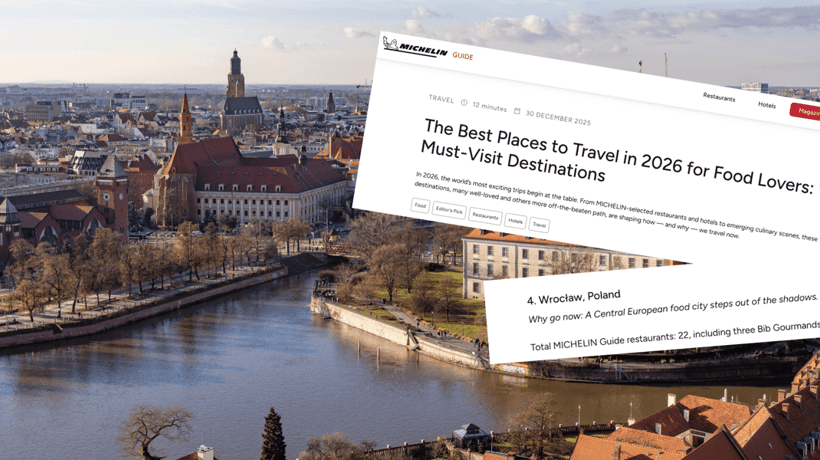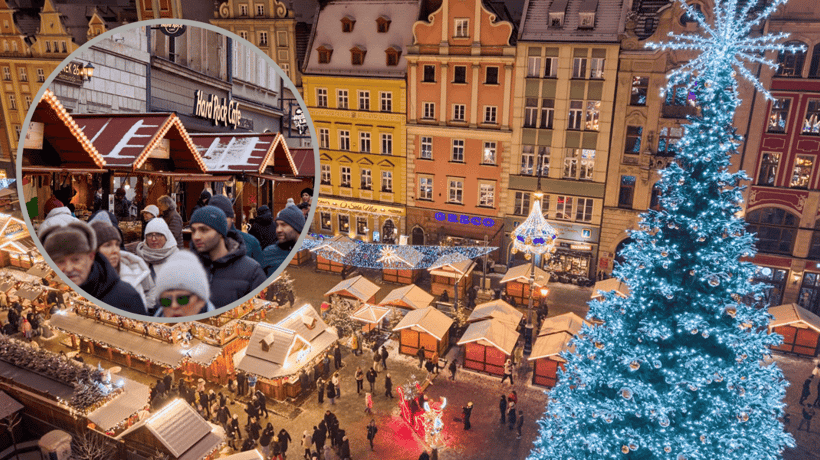"We all love Wroclaw"is one of the headings of the article on Poland. The journalists of the prestigious British weekly The Economist, described our successes as well as looming threats on 12 pages of an insert focusing on Poland.
They have only good things to say about Wroclaw. The text about the city is almost one page long. In their opinion, Wroclaw is the best example of Poland's success. In the emotional paragraph, the journalists mention that they all love the multicultural city, situated on the banks of the Oder River, with its 12 islands, 30 bridges, and beautiful architecture. They reminded the readers that it was Wroclaw that beat its competitors and won the contest for the European Capital of Culture 2016.
They praise the city for becoming a very important European research and development centre and a place where recognized global brands invest in their complex service centres.
The journalists of The Economist are impressed by the EIT+ campus being built in Pracze Odrzańskie. The city is using EU money to build a huge research and development centre where scientists will work with businesses.
The weekly noted that it is Wroclaw where the largest number of innovative companies is located. The paragraph on Wroclaw ends with the statement that after World War II Germany used the huge sums provided by the Marshall Plan to build innovative international companies. In the opinion of The Economist, Poland should do the same thing.
The weekly has a lot of good things to say about Poland as a whole. In the journalists' opinion, the country has achieved the greatest success for centuries. The editorial is aptly titled "The second Jagiellonian age" and illustrated with the "Lublin Union" painting of Jan Matejko.
"Poland has worked to earn respect and became one of the six largest countries of the European Union, along with Germany, France, and Italy. It was possible thanks to the country's economic condition which enabled it, as the only country in Europe, to avoid the crisis and to play an ever greater role in the international arena" said Vendeline Von Bredow, a journalist of The Economist, in the lead article.





